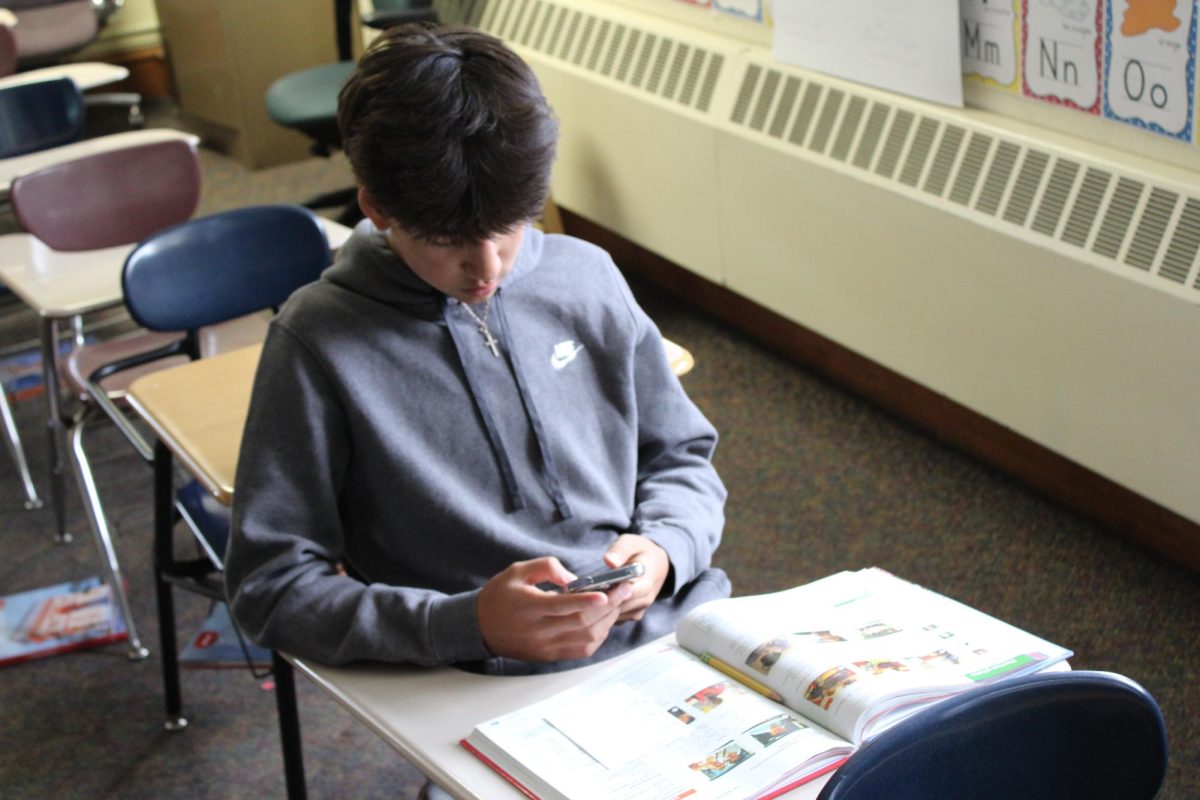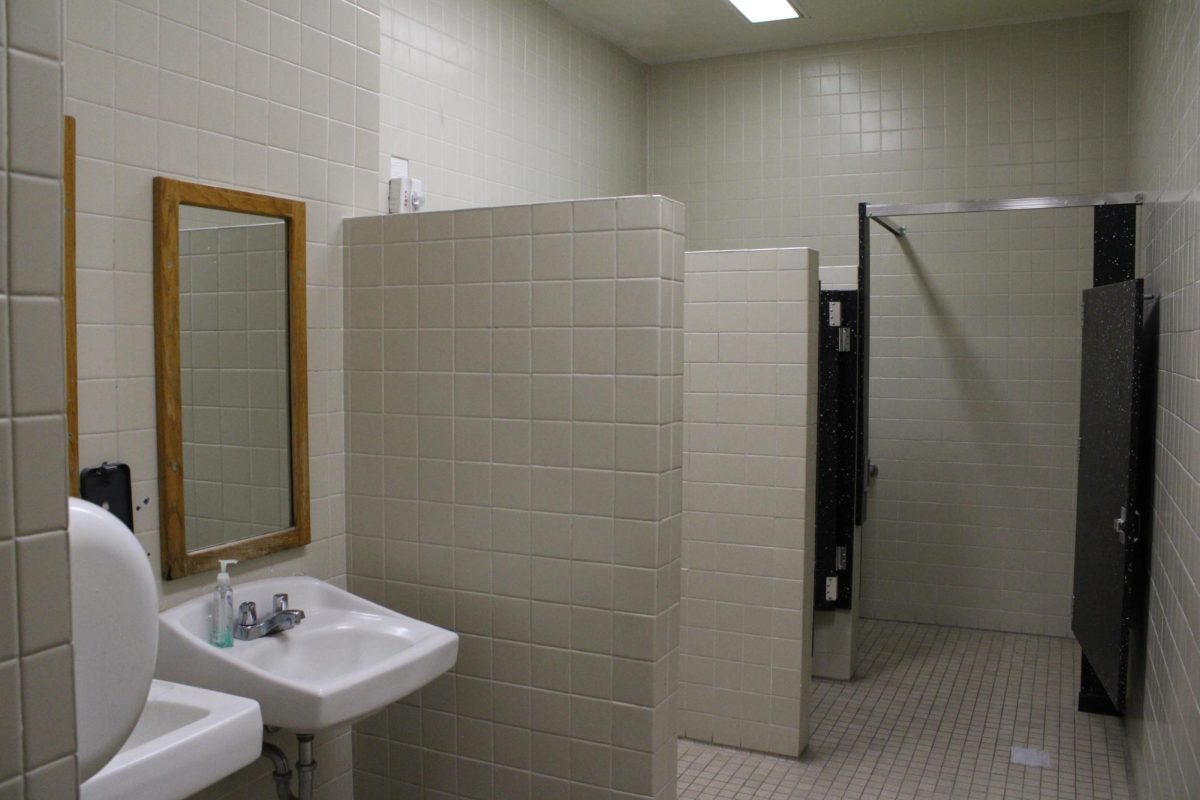Central’s short-lived composting program isn’t remembered by many. It received tons of positive reviews from community members and helped put Central on the path to sustainability. Those who recall may only remember its downsides, such as being less convenient for students during lunch, but that doesn’t mean we shouldn’t do it. As vice president of Central’s Green Team, the difference is stark, both environmentally and economically. It’s time we once again compost during mealtimes.
Composting was introduced to Central in September of 2023 following a multi-year initiative by many students to make the school more environmentally friendly. However, the program was removed in January of 2024 due to insufficient custodial resources and staffing.
The removal of composting has returned us to a wasteful norm. Before composting, Central disposed of 76 trash bags daily, over 13,700 annually. With composting, this dropped to just 15 bags per day, or 2,715 per year, a staggering 80% reduction. Now, without composting, we’re back to needlessly filling landfills and contributing to methane emissions from decomposing food waste.
According to the Environmental Protection Agency, food waste accounts for 58% of methane emissions, a greenhouse gas 67 times more potent than carbon dioxide. Methane traps heat at alarming rates, accelerating climate change. By composting, Central diverted 27 tons of waste per year into nutrient-rich soil rather than letting it rot in landfills where it would contribute to higher methane emissions.
In the United States, our diverse climate and environment pose serious challenges, impacting water quality and diminishing agricultural productivity. By enriching soil with organic matter, compost improves soil health and resilience. Beyond agriculture, compost plays a crucial role in green infrastructure and stormwater management. Composting supports green jobs and fosters employment opportunities by creating positions for people to handle composting, much like sanitation workers.
A return to composting would mean we would be back on track to foster these environmental wins and possibly make even more progress on reducing Central’s climate impact.
We could even use composting for various educational purposes. For example, a group of students interested in going into agricultural jobs could start a garden or project that utilizes the composted soil created from Central’s food waste. Students interested in various fields of science could use the soil to create labs and conduct studies.
Composting isn’t just an environmental and community win, though, as it is also fiscally responsible. Reducing trash bag usage by 11,000 bags annually would have saved nearly $2,200 in disposal costs for Central each year, according to Hillside Solutions. That’s money that could be redirected toward other student needs. With many grants now available for composting infrastructure, reinstating this program could be more cost-effective than ever.
While some may argue that reinstating composting requires significant effort and initial investment, the benefits far outweigh these challenges. Concerns about the need for training, logistical changes or potential costs can feel daunting, especially when schools are already stretched thin on so many fronts. However, solutions like grant funding through organizations or government agencies such as the U.S. Department of Agriculture (USDA), as well as best practices from successful programs in Lincoln Public Schools, prove that these hurdles are surmountable. By addressing these concerns with thoughtful planning, increased communication and utilizing available resources, we can bring our program back.
Our school’s previous success highlights what is possible when sustainability is prioritized. When the program was active, we composted 300 pounds of waste daily and even managed to stack and compost 3,000 feet of trays annually. We could even try and get on the level of Lincoln Public Schools’ nationally recognized sustainability department, which achieved a 52% waste diversion rate across 64 participating schools—a model we’ve shown we can and should emulate.
So, while it may seem annoying to have to divide the waste on your lunch tray, think about the impact you have. Maybe this small inconvenience of separating waste and stacking trays may be the reason you get to live on a cleaner, beautiful Earth for longer.

















